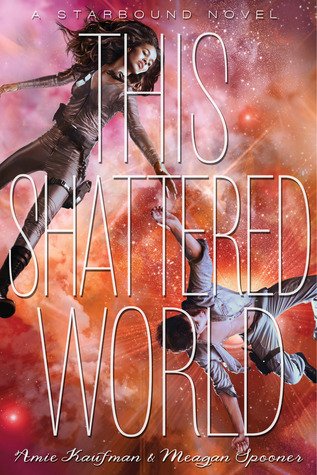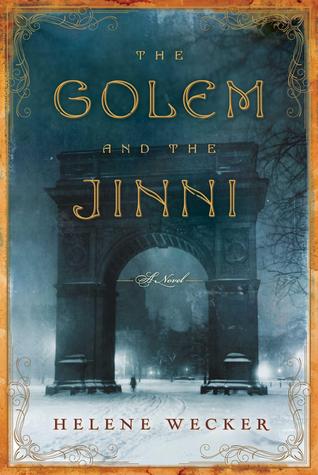 Whew! It's been a while. Sorry about that, but things have been busy at work, and then I traveled with the boyfriend to visit his family for Thanksgiving, and the internet in northern New Jersey is about as fast as 1990's dial-up. On top of that, I started reading a few slow-going books at the same time. I finally needed something a little faster, so I picked up Second Position. (I was originally tempted to write "something a little lighter, but this book was anything but, so that didn't really fit.) I needed to read a book that took place in Washington, DC for the Popsugar Reading Challenge's category, "A book that takes place in your hometown." Really, this seemed to me like a poor choice of category because many, many people live in towns that do not feature as the settings in books. My hometowm of Erie, Pennsylvania happens to be one of them. I did some Googling, but nothing came up and no one I talked to had any ideas, either. So I switched tactics and began looking at my second hometown, Washington. The Seamstress hadn't worked out for this, but one of my friends had added Second Position to her list, and an author I quite like (Sherwood Smith) gave it a favorable review, so I figured it was time to get reading.
Whew! It's been a while. Sorry about that, but things have been busy at work, and then I traveled with the boyfriend to visit his family for Thanksgiving, and the internet in northern New Jersey is about as fast as 1990's dial-up. On top of that, I started reading a few slow-going books at the same time. I finally needed something a little faster, so I picked up Second Position. (I was originally tempted to write "something a little lighter, but this book was anything but, so that didn't really fit.) I needed to read a book that took place in Washington, DC for the Popsugar Reading Challenge's category, "A book that takes place in your hometown." Really, this seemed to me like a poor choice of category because many, many people live in towns that do not feature as the settings in books. My hometowm of Erie, Pennsylvania happens to be one of them. I did some Googling, but nothing came up and no one I talked to had any ideas, either. So I switched tactics and began looking at my second hometown, Washington. The Seamstress hadn't worked out for this, but one of my friends had added Second Position to her list, and an author I quite like (Sherwood Smith) gave it a favorable review, so I figured it was time to get reading.Second Position is a beautiful book that tackles an extraordinarily complicated relationship. Aly and Zed danced ballet in Philadelphia, and their close friendship morphed into something more--until they got in a car accident and everything changed. Zed lost his leg. Aly lost their baby. In the wake of the accident, the pair were separated and didn't see each other for years, until Aly walks into Zed's favorite cafe in Washington. She's on leave from the Philadelphia Ballet Company after having a mental breakdown, hitting another dancer, and seeking treatment for an eating disorder. Zed now lives in DC, where he teaches theater. The chance encounter in the cafe sets them on another collision course, this time with each other and a discussion of all the things they could gain or lose.
Because of the characters' backstories, the book takes on a lot of big, complicated issues that most romance authors don't choose to include in their stories. Depression, anxiety, amputations, eating disorders, miscarriages--it's a lot of issues to cram into one book. But Locke handles them well, with finesse and respect. Aly's eating disorder is not disparaged or glorified, but treated with a gentle respect and consideration for how it affects all areas of her life, and how she works to overcome it. Oh, and did I mention that Zed is a recovering alcoholic? His issues aren't touched on as deeply as Aly's, an interesting decision but one I suppose makes sense. Having both parties as messed up as Aly, at the same time, would have been a disaster waiting to happen, and probably an not a salvageable one.
This is not, in any way, a happy book. There is not witty banter, no tete a tetes, no side characters lending a little levity to the situation. There are supporting characters, but they're very minor. It's all Aly and Zed, all the time, and they're so incredible intense that I sometimes needed a break. They were, at times, overwhelming. This definitely isn't a book to read for a light afternoon, but the writing and tragic reality of it, and how healthy Zed and Aly's relationship ultimately is, made it a beautiful story nonetheless. I would have liked to see more of Zed's struggle, at least in hindsight, because how he was so together in comparison to Aly almost made his problems seem less than hers, though they definitely were equal. Hopefully this will be touched on more in the second book, Finding Center, which I will definitely be picking up.
4 stars out of 5.



